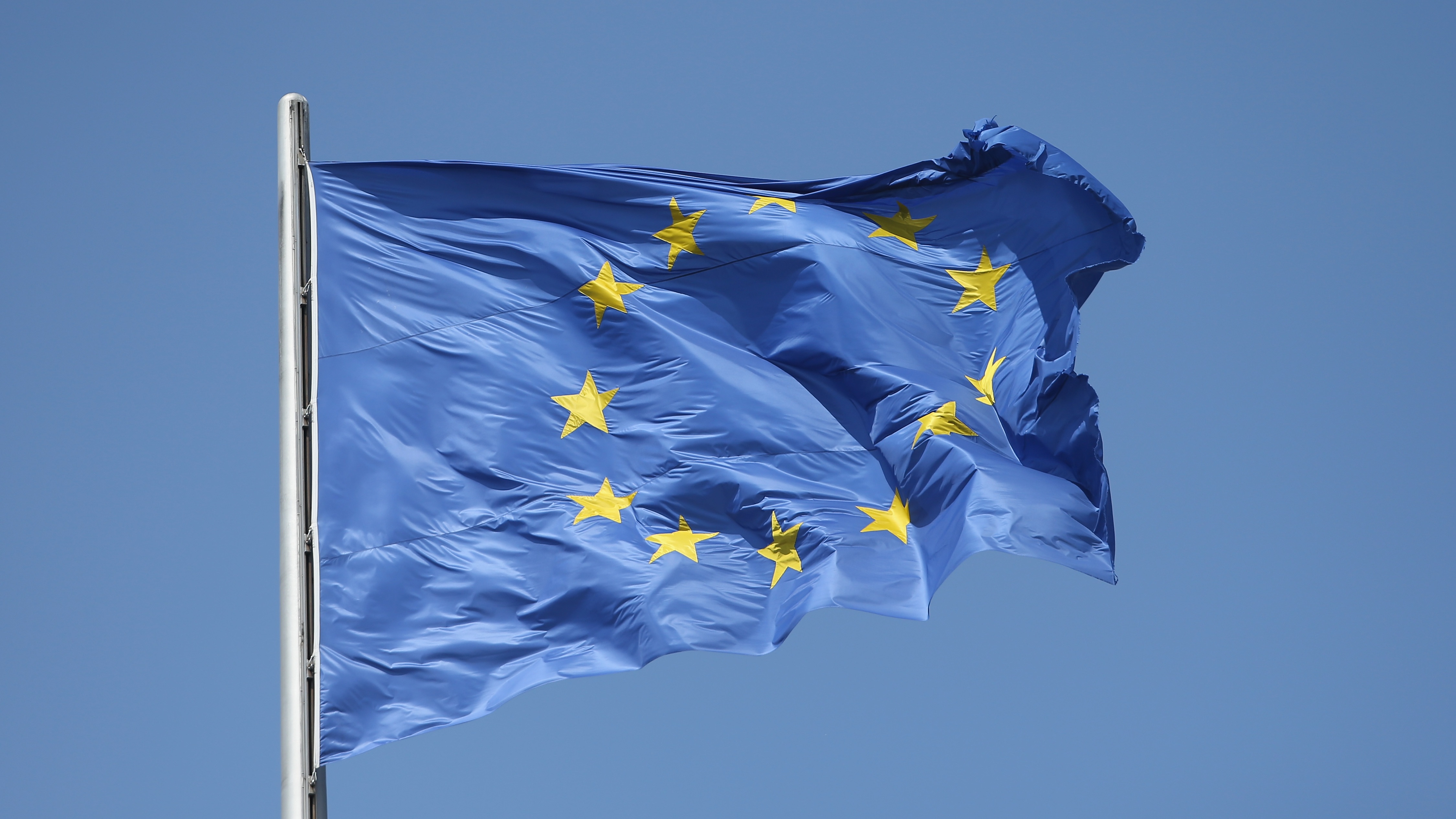Why 12 EU countries blocked move to expose companies’ tax avoidance
Ireland among those to vote down directive forcing tech giants to reveal profits

A free daily email with the biggest news stories of the day – and the best features from TheWeek.com
You are now subscribed
Your newsletter sign-up was successful
Twelve EU countries have blocked a proposed new rule that would force multinational companies to reveal their profits and how much tax they pay in each member state.
The world’s biggest companies – including the likes of Apple, Facebook and Google – collectively avoid an estimated $500bn a year in tax by shifting their profits from higher-tax countries like the UK, Germany and France, to lower-tax or no-tax countries like Ireland, Luxembourg and Malta.
The EU Competitiveness Council voted down proposals for country-by-country reporting, falling short of the 16 votes it needed to advance by two, says International Tax Review. Twelve countries voted against the plan.
The Week
Escape your echo chamber. Get the facts behind the news, plus analysis from multiple perspectives.

Sign up for The Week's Free Newsletters
From our morning news briefing to a weekly Good News Newsletter, get the best of The Week delivered directly to your inbox.
From our morning news briefing to a weekly Good News Newsletter, get the best of The Week delivered directly to your inbox.
The UK, which wants to clamp down on tax avoidance, did not vote because the country is in purdah ahead of the 12 December general election. Germany also abstained.
Why did the 12 block the move?
Ireland, which was among the countries that voted against the plan, is one of the biggest beneficiaries of the current system. The country hosts corporations that collect profits from across the EU, and allows companies to pay corporation tax at a rate as low as 6.25%, compared to 19% in the UK.
The Irish Fiscal Advisory Council warned that the country’s economy had become so reliant on corporate tax from a handful of large multinational companies that the Irish economy could collapse if there was an international clampdown on tax avoidance.
A free daily email with the biggest news stories of the day – and the best features from TheWeek.com
The companies are not named, but are believed to include US technology giants Apple, Facebook, Microsoft, Dell, Google and Oracle, reports The Guardian.
Other countries with low-tax environments are among those who voted against the directive. Austria, Croatia, Cyprus, Czech Republic, Estonia, Hungary, Latvia, Luxembourg, Malta and Slovenia all voted to block the move.
Sweden voted against the change because its government was concerned it might water down the country’s higher standards for transparency.
Fourteen states, including the Netherlands, France and Spain, voted in favour of the proposal.
What has the reaction been?
Elena Gaita, a senior policy officer at anti-corruption charity Transparency International, said: “It’s an outrage that member states have once again put the interests of big business above those of citizens.
“Everywhere across the EU we see that the public is unhappy about multinationals, like Starbucks and Amazon, hiding the tax that they pay in countries they operate in. National governments have effectively just denied people access to this information.”
Sven Giegold, spokesperson for the Alliance 90/Greens party in the European Parliament, said: “This is a bitter day for tax justice. A blocking minority of member states prevented more tax justice in Europe and sided with the tax havens.”
But Timo Harakka, minister of employment in Finland, who chaired the meeting where the vote took place, said that putting companies under more tax scrutiny in Europe could reduce the bloc’s attractiveness to multinationals.
“The ultimate goal should be a level playing field at home as well as globally,” said Harakka. “We have to make sure that we don’t put multinationals in Europe in an uncompetitive situation as compared with global peers.”
-
 The environmental cost of GLP-1s
The environmental cost of GLP-1sThe explainer Producing the drugs is a dirty process
-
 Greenland’s capital becomes ground zero for the country’s diplomatic straits
Greenland’s capital becomes ground zero for the country’s diplomatic straitsIN THE SPOTLIGHT A flurry of new consular activity in Nuuk shows how important Greenland has become to Europeans’ anxiety about American imperialism
-
 ‘This is something that happens all too often’
‘This is something that happens all too often’Instant Opinion Opinion, comment and editorials of the day
-
 Epstein files topple law CEO, roil UK government
Epstein files topple law CEO, roil UK governmentSpeed Read Peter Mandelson, Britain’s former ambassador to the US, is caught up in the scandal
-
 Iran and US prepare to meet after skirmishes
Iran and US prepare to meet after skirmishesSpeed Read The incident comes amid heightened tensions in the Middle East
-
 Grok in the crosshairs as EU launches deepfake porn probe
Grok in the crosshairs as EU launches deepfake porn probeIN THE SPOTLIGHT The European Union has officially begun investigating Elon Musk’s proprietary AI, as regulators zero in on Grok’s porn problem and its impact continent-wide
-
 Israel retrieves final hostage’s body from Gaza
Israel retrieves final hostage’s body from GazaSpeed Read The 24-year-old police officer was killed during the initial Hamas attack
-
 China’s Xi targets top general in growing purge
China’s Xi targets top general in growing purgeSpeed Read Zhang Youxia is being investigated over ‘grave violations’ of the law
-
 Panama and Canada are negotiating over a crucial copper mine
Panama and Canada are negotiating over a crucial copper mineIn the Spotlight Panama is set to make a final decision on the mine this summer
-
 Europe moves troops to Greenland as Trump fixates
Europe moves troops to Greenland as Trump fixatesSpeed Read Foreign ministers of Greenland and Denmark met at the White House yesterday
-
 Why Greenland’s natural resources are nearly impossible to mine
Why Greenland’s natural resources are nearly impossible to mineThe Explainer The country’s natural landscape makes the task extremely difficult